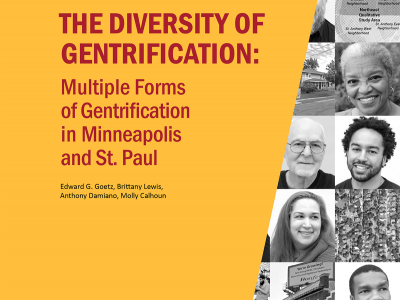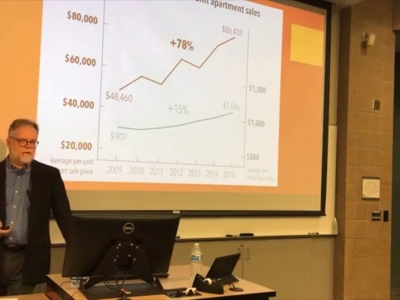Too many people in the Twin Cities region do not have access to safe, healthy, affordable, and reliable housing. In particular, BIPOC (Black, Indigenous, and people of color) communities, people with disabilities, and low-wealth communities face barriers to this critical resources. Market conditions have shown that the housing market does not work for most low-income people, so solutions may require questioning long held assumptions, creating innovative solutions, and attempting new ideas to address housing stability.
To address these challenges and identify solutions, the Center for Urban and Regional Affairs (CURA) and the …
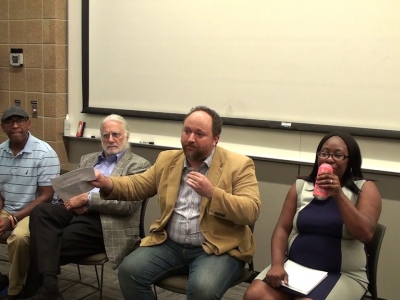
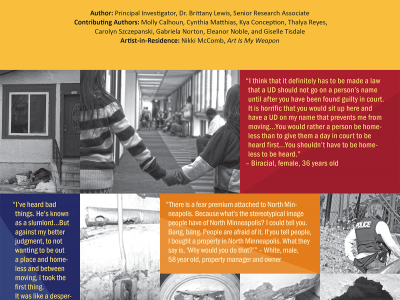
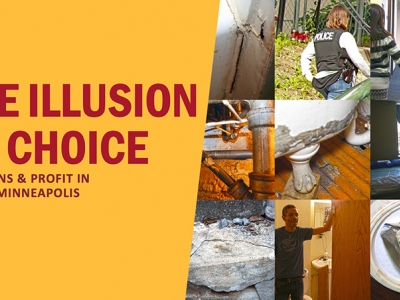
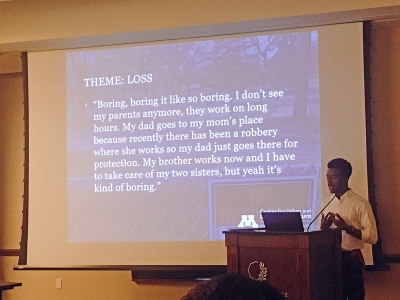
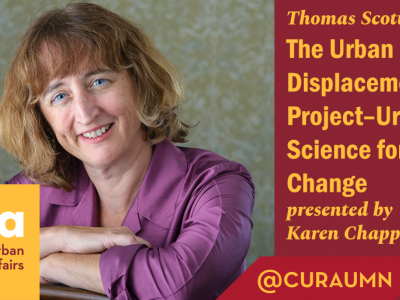
![HUD’s Fair Housing Door Exhibit in Honor of 50 years of Fair Housing (U.S. Dept. of Housing and Urban Development [HUD])](/sites/cura.umn.edu/files/styles/view_page_image/public/2020-06/Goetz-Photo-1.png?itok=TGJEPUQX)
